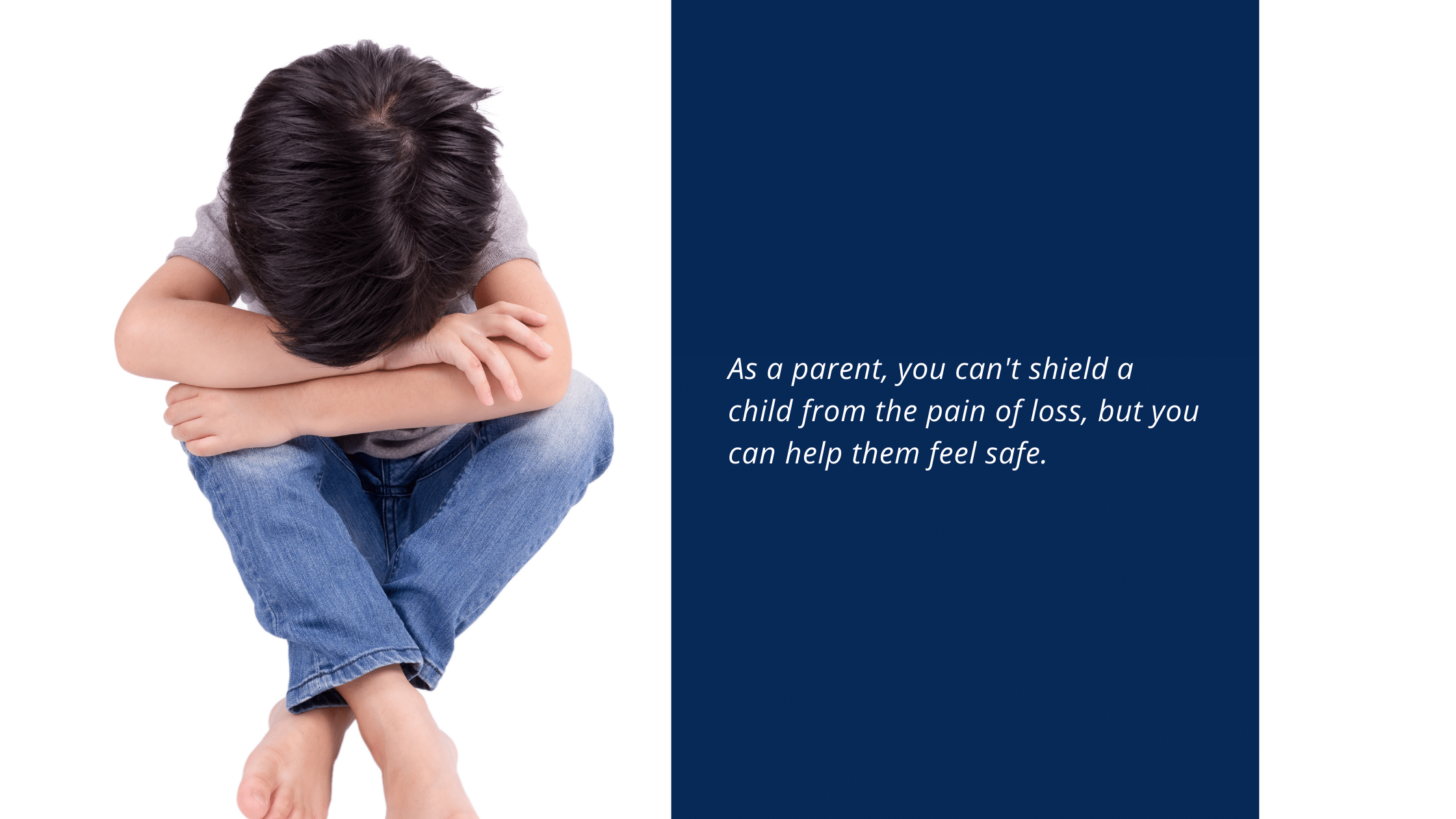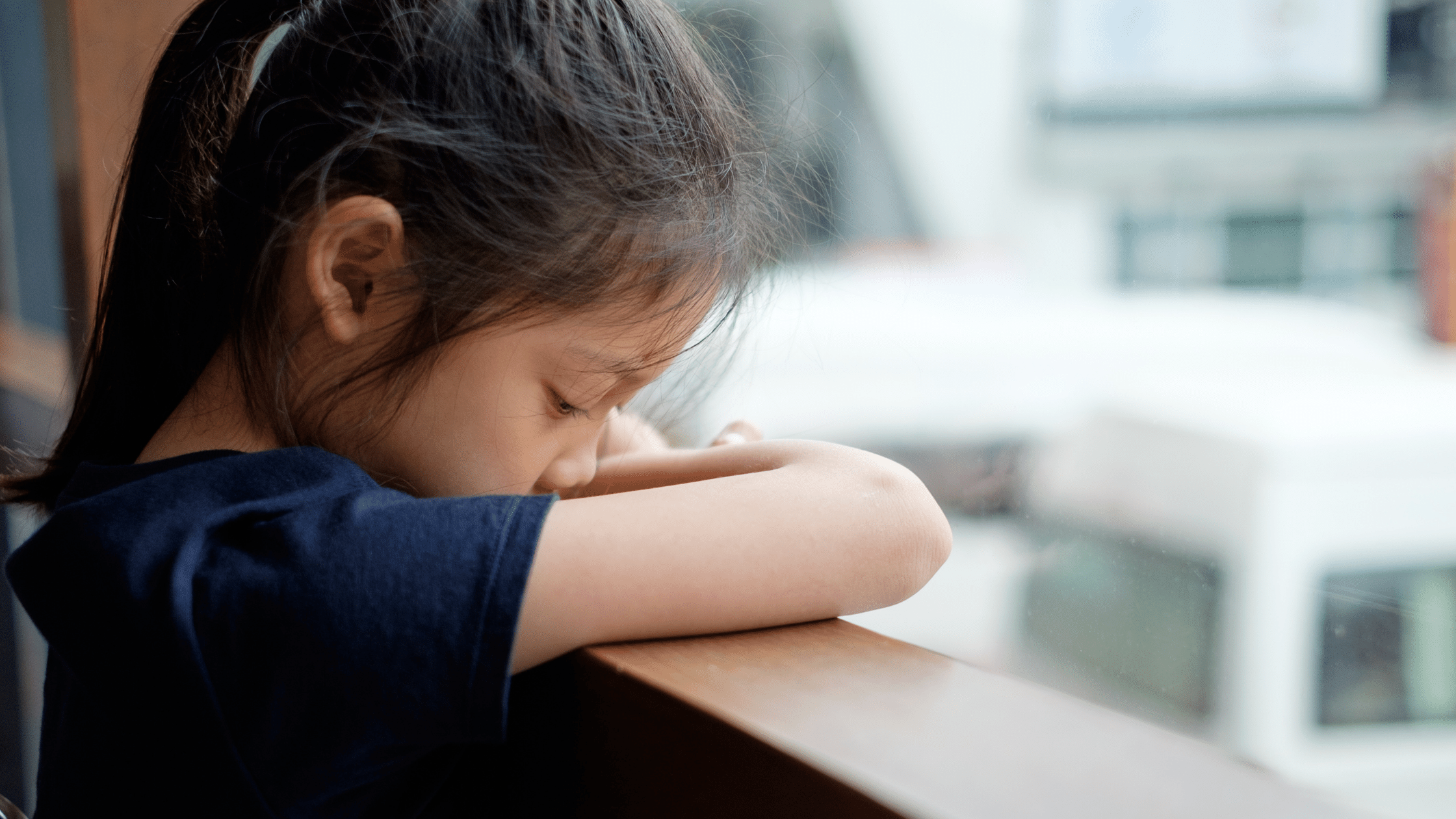
Most young children experience death, although they do not understand it. Death is a common theme in cartoons and TV, and some of your kid’s friends may have already lost a loved one. Grieving, however, is a different and often confusing process for children. As a parent, you can’t shield a child from the pain of loss, but you can help them feel safe. By allowing them to express their feelings and encouraging them to do so, you can help them develop healthy coping skills that will benefit them going forward.
After losing a loved one, a child can spend a moment crying to play the next. Their changeable moods do not mean that they aren’t sad or that they have not finished grieving; children face different from adults, and play can be a defense mechanism to prevent a child from becoming overwhelmed. It is also normal to feel depressed, guilty, anxious, or angry with the person who is dead or with someone else. Very young children can regress and begin to wet the bed again or slide back into the talking baby.
It’s good for kids to get their emotions out. There are many good children’s books on death, and reading these books together can be a great way to begin a conversation with your child. As many children are not able to express their emotions through words, other helpful ways include drawing, scrapbooking, watching photo albums, or telling stories.

It is difficult to know how a child will respond to death, or even whether he is capable of understanding the concept. Don’t share too much information because it can be overwhelming. Rather, try to answer her questions. Very young children are often unaware of the permanent nature of death, and they may think that a deceased loved one will return anytime soon. Psychiatrist Gail Saltz, M.D., explains: Children understand that death is a bad thing and they don’t like separation, but there is no such thing as “forever”.
Older and school-aged children understand the permanency of death, but they can still have a lot of questions. Do the best you can to respond honestly and clearly. There is no problem if you cannot answer all the questions; the important thing is to be at your child’s disposal.
When you speak of death, never put it mildly. Children are extremely literal, and hearing that a loved one “fell asleep” can be terrifying. In addition to making your child afraid to go to bed, euphemisms interfere with their ability to develop healthier coping skills they will need in the future.
Speak of an after-death life.
The concept of life after death can be very useful to a grieving child, Dr. Saltz. If you have a religious belief in the afterlife, now is the time to share it. But even if you are not religious, you can always comfort your child with the notion that one person continues to live in the hearts and minds of others. You can also create a new scrapbook or plant something that represents the person you lost.
Children often emulate their parents’ grieving behavior. It is important to show your emotions, as they reassure kids that the feeling of sadness or annoyance is acceptable. But reacting in an explosive or an uncontrollable way teaches your child unhealthy ways to cope with pain.
If you notice that your child appears abnormally disturbed and unable to cope with grief and loss, he or she may experience what is called an adjustment disorder. Adjustment disorder is a severe and stressful condition that some children develop after experiencing a painful or disruptive event. It is a good idea to consult your child’s doctor if you are under the impression that your child is not recovering from a healthy loss.